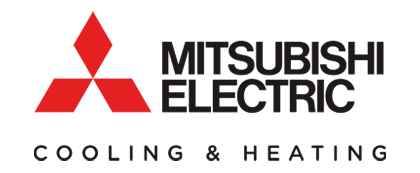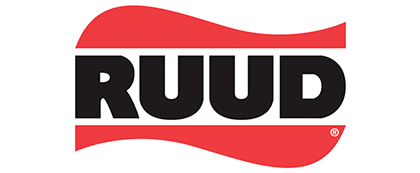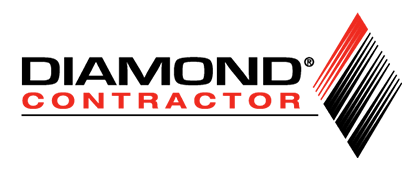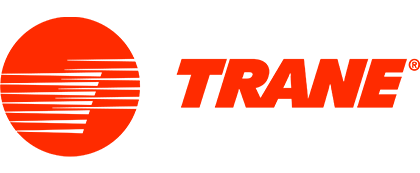Heat Pumps
Understanding Heat Pump Technology and Its Benefits
Heat pumps represent one of the most efficient heating and cooling solutions available today, and at Mr. Chill Heating & Air, we’ve installed thousands of these systems throughout Houston and surrounding areas over our 100 years of experience. Unlike traditional heating systems that generate heat through combustion or electrical resistance, heat pumps transfer heat from one location to another using refrigerant and a compressor system. During winter months, they extract heat from outdoor air—even when temperatures drop below freezing—and move it inside your home. In summer, the process reverses, removing heat from indoor air and releasing it outside, functioning exactly like a traditional air conditioner.
The efficiency of heat pumps is measured by their Coefficient of Performance (COP) for heating and Seasonal Energy Efficiency Ratio (SEER) for cooling. Modern heat pumps can achieve COP ratings of 3.0 to 4.0, meaning they produce three to four units of heat energy for every unit of electrical energy consumed. This remarkable efficiency translates to significant energy savings compared to electric resistance heating, which has a COP of only 1.0. We offer free estimates on equipment replacement, helping you understand exactly how much you could save by upgrading to a heat pump system.
Different Types of Heat Pump Systems
Air-source heat pumps are the most common type we install at Mr. Chill Heating & Air, particularly popular in residential HVAC services throughout Tomball, Klein, Spring, The Woodlands, Rayford, & Cypress. These systems use outdoor air as their heat source or sink, with modern inverter-driven models maintaining efficiency even at temperatures as low as negative five degrees Fahrenheit. Split systems feature an outdoor unit containing the compressor and condenser, connected via refrigerant lines to an indoor air handler. Packaged systems combine all components in a single outdoor unit, making them ideal for homes with limited indoor space.
Ground-source or geothermal heat pumps utilize the stable temperature of the earth below the frost line, typically maintaining 50 to 60 degrees Fahrenheit year-round. While installation costs are higher due to the underground loop field requirements, these systems offer the highest efficiency ratings, with some achieving COP values exceeding 5.0. Ductless mini-split heat pumps provide targeted heating and cooling for specific zones, eliminating energy losses associated with ductwork that can account for up to 30% of energy consumption in traditional forced-air systems. We specialize in mobile, manufactured, and modular home AC solutions, where ductless systems often prove particularly advantageous due to space constraints and the challenges of retrofitting ductwork.
Have questions about your heating or cooling system?
Our team is here to help with all your heating and cooling needs. Whether you’re looking for routine service, repairs, or a new installation, MrChill is ready to assist. Contact us today and one of our knowledgeable team members will be happy to answer your questions or help you schedule service at a time that works for you.
Heat Pump Installation Considerations and System Sizing
Proper sizing and installation are critical for heat pump performance, which is why our technicians conduct detailed load calculations before recommending any system. Oversized units cycle on and off frequently, reducing efficiency and failing to adequately dehumidify indoor air. Undersized systems run continuously without maintaining comfortable temperatures, leading to excessive wear and higher energy bills. We consider multiple factors during sizing calculations:
- Home square footage and ceiling heights determine the volume of air requiring conditioning
- Insulation quality and window efficiency affect how quickly your home gains or loses heat
- Local climate data and design temperatures ensure the system can handle extreme weather conditions
- Occupancy patterns and internal heat loads from appliances and electronics influence cooling requirements
As a locally owned and operated HVAC services company, we understand the specific climate challenges homeowners face in our area. Our free second opinions on repairs ensure you never pay more than you have to, and we’ll honestly assess whether repair or replacement makes more financial sense for your situation.
Heat Pump Maintenance Requirements
Heat pumps require regular maintenance to maintain their efficiency advantages over traditional heating and cooling systems. Filter changes every one to three months prevent airflow restrictions that force the system to work harder, increasing energy consumption by up to 15%. Annual professional maintenance includes checking refrigerant levels, as even a 10% undercharge can reduce efficiency by 20%. We inspect and clean both indoor and outdoor coils, verify proper airflow across heat exchangers, test defrost cycles for winter operation, and calibrate thermostats for accurate temperature control.
The average heat pump lifespan ranges from 15 to 20 years with proper maintenance, though coastal environments with salt air exposure may reduce this to 10 to 12 years. Variable-speed compressors and fan motors in modern units not only improve comfort through more consistent temperatures but also extend equipment life by eliminating the stress of frequent starting and stopping. Regular maintenance agreements help identify potential issues before they become costly repairs, protecting your investment while ensuring optimal performance throughout the system’s life.









